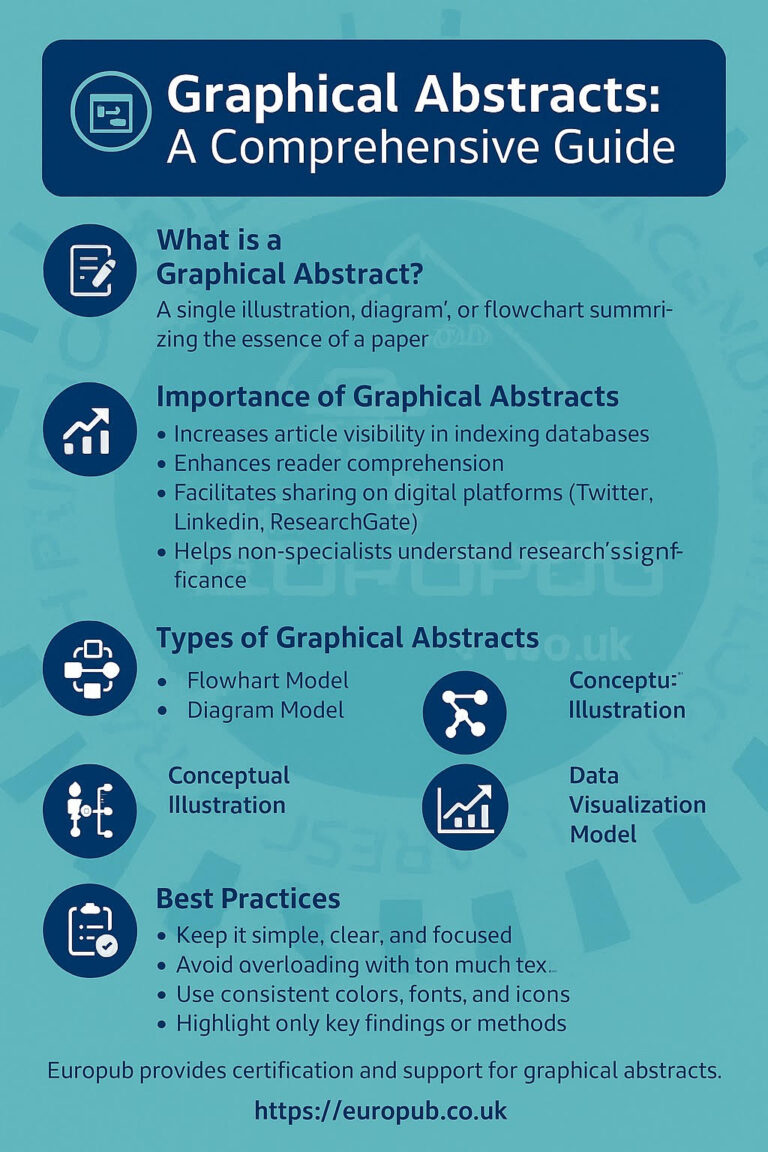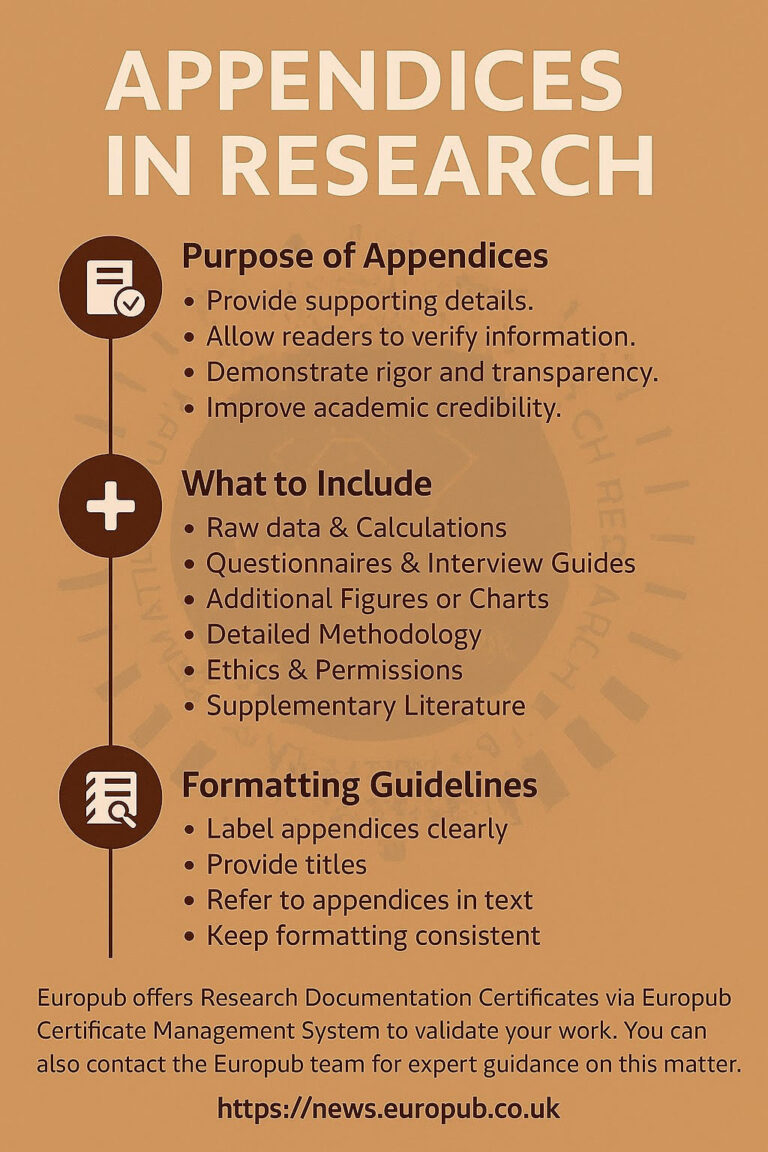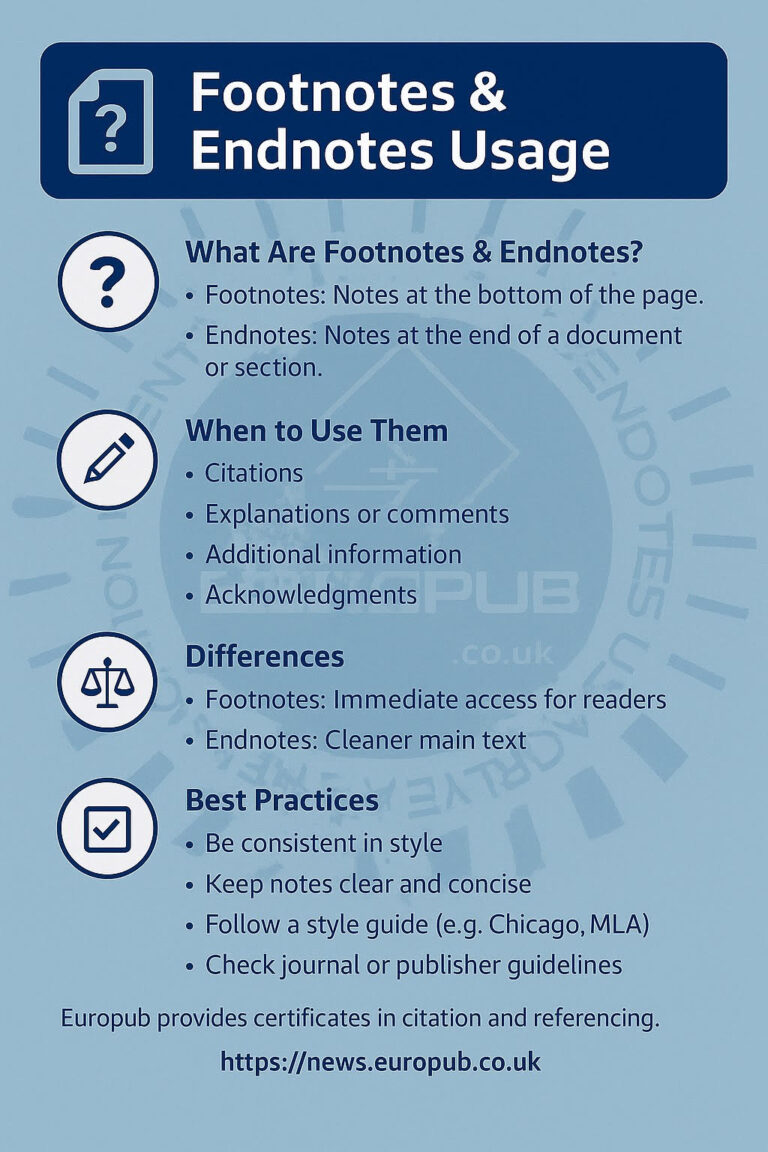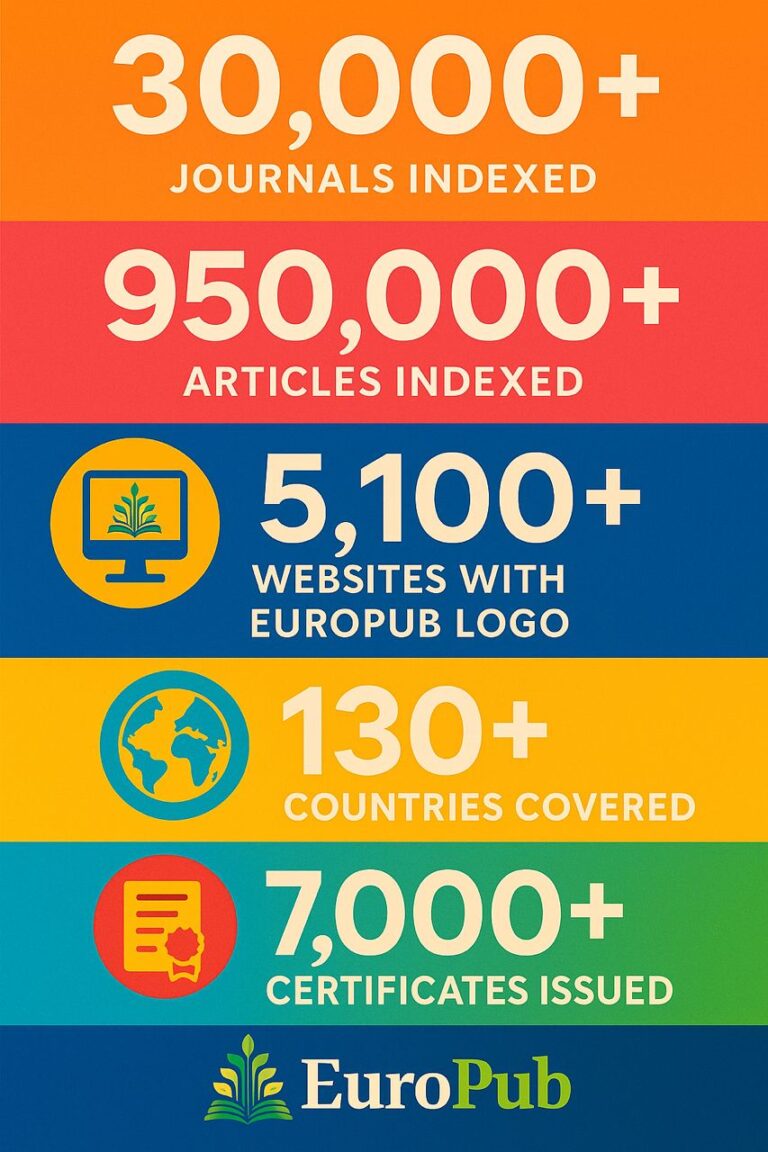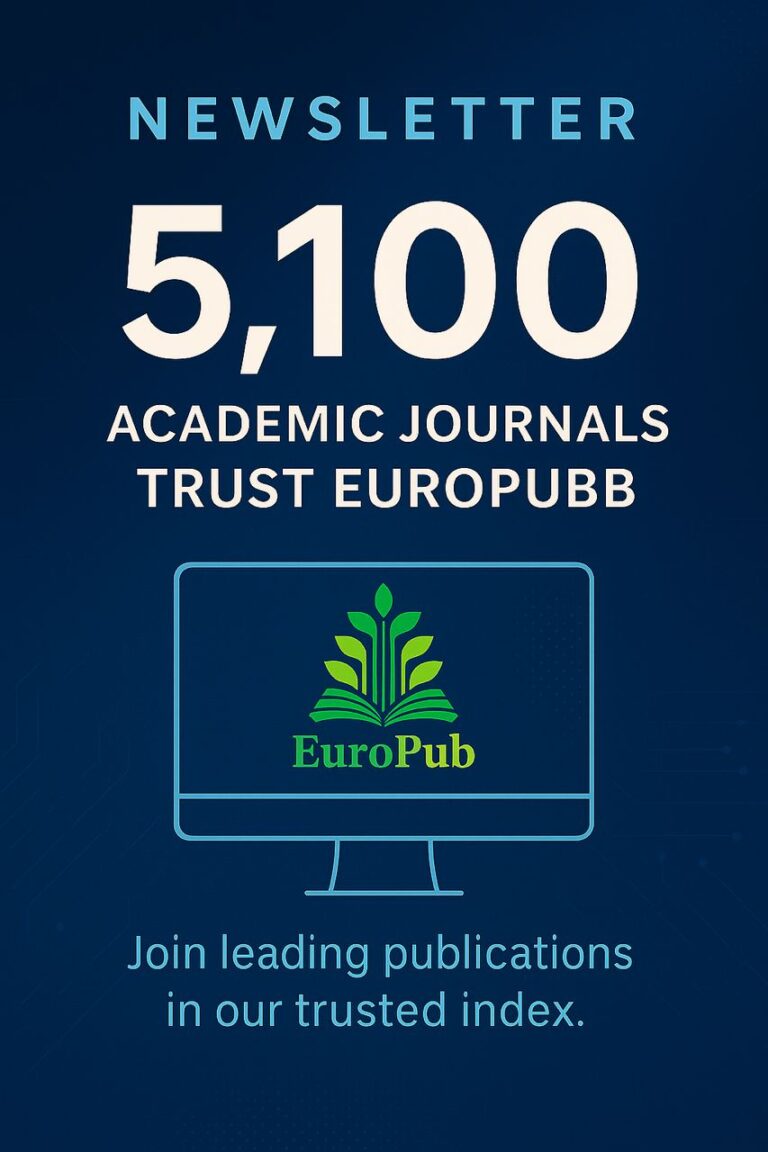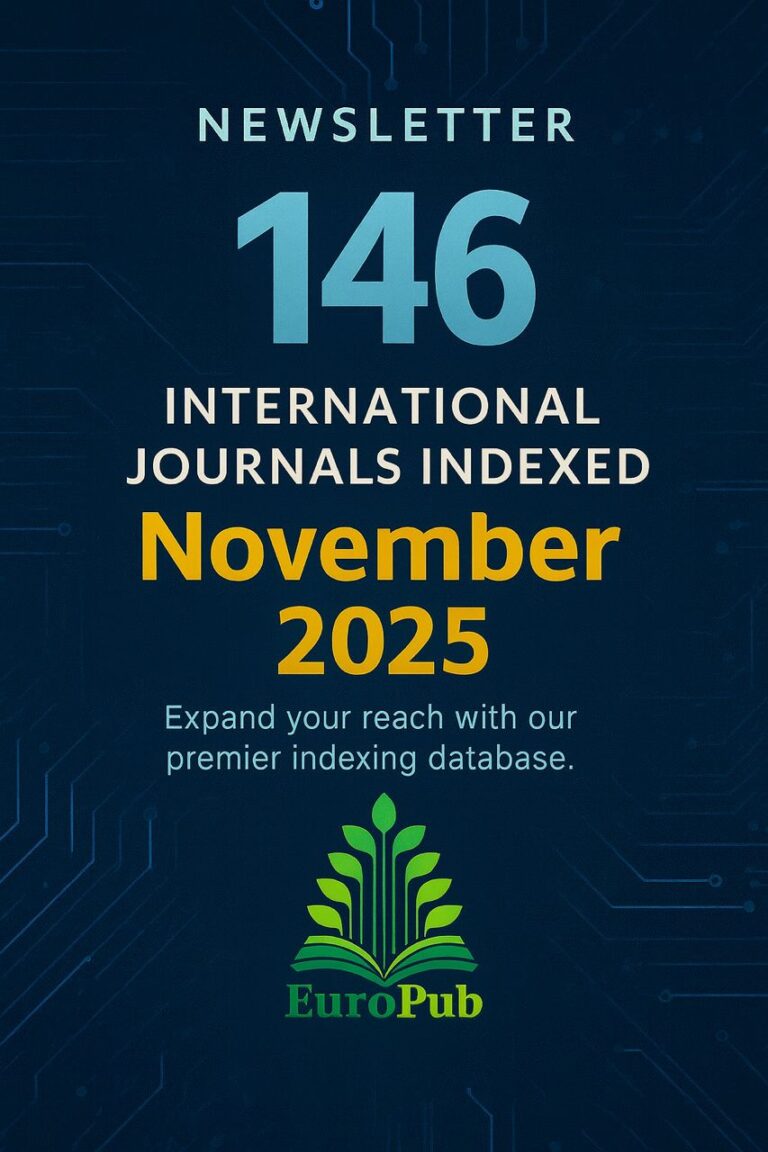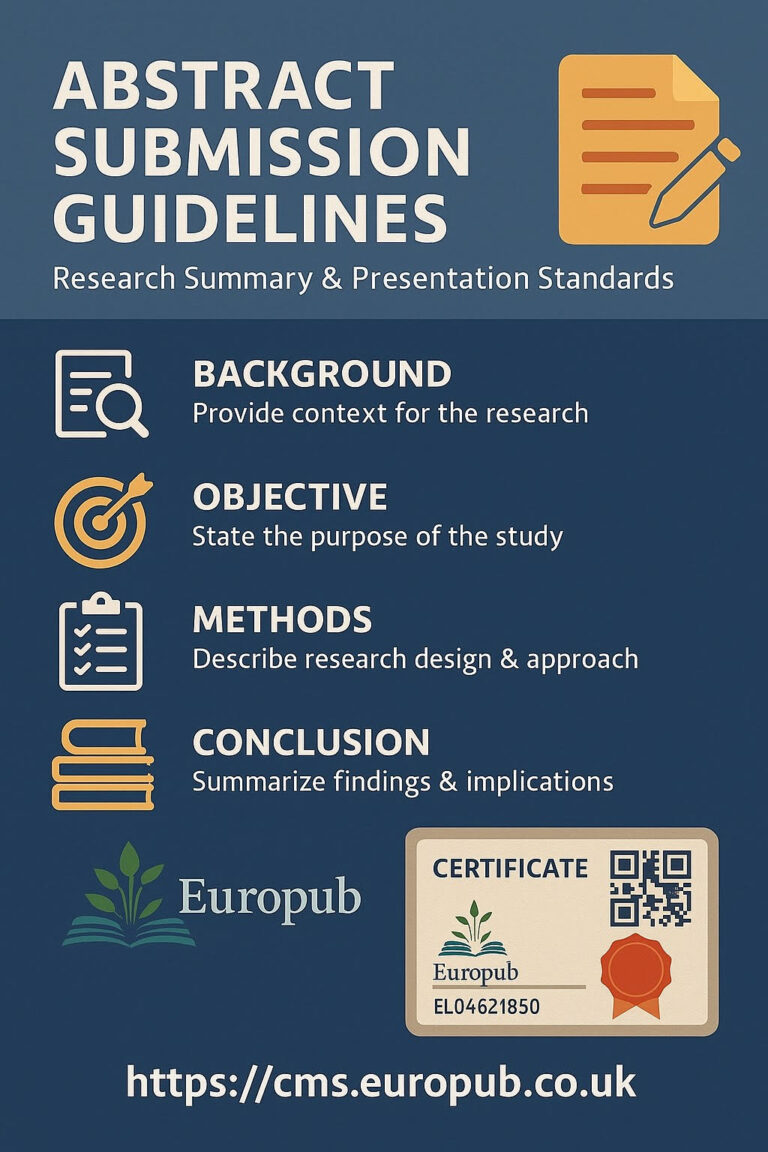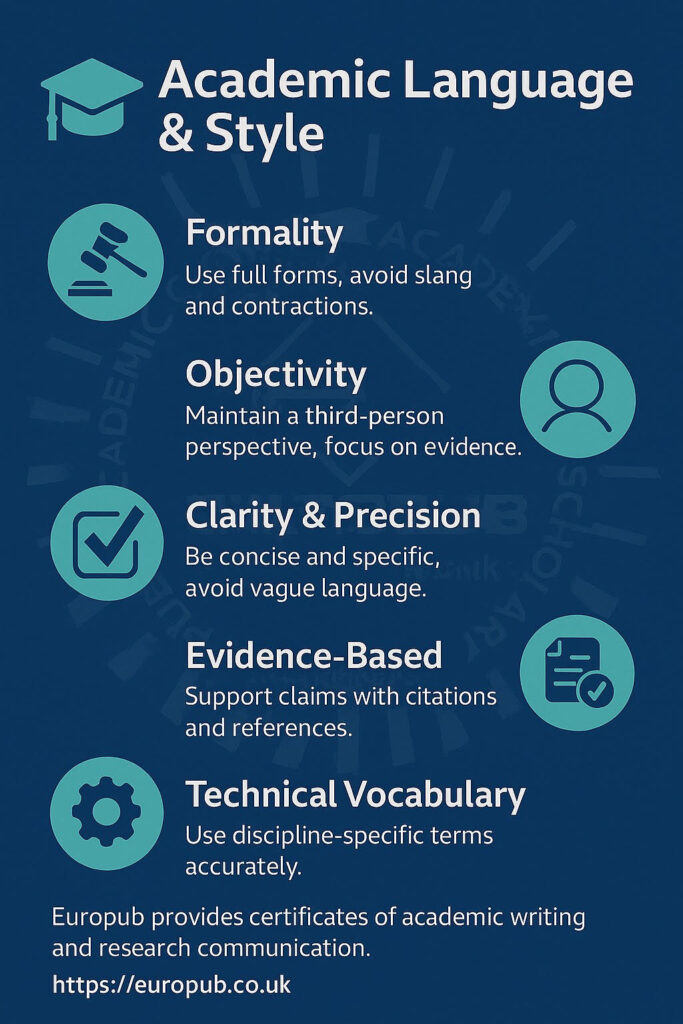
Introduction
The way research is written is just as important as the research itself. Academic language and style ensure that ideas are communicated with clarity, precision, formality, and credibility. Unlike everyday writing, academic writing follows a structured, objective, and evidence-based style that is widely accepted in journals, theses, and conferences.
Mastering academic style increases your chances of publication, indexing, and citations.
What is Academic Language & Style?
Academic language is the formal register used in scholarly communication. It is:
- Formal: Avoids slang, contractions, and casual tone.
- Objective: Focuses on facts and evidence, not personal opinions.
- Precise: Uses specific terminology instead of vague expressions.
- Cohesive: Follows logical flow with clear transitions.
Key Features of Academic Language
- Formality
- Use full forms (do not instead of don’t).
- Avoid colloquial language (kids → children).
- Objectivity
- Focus on research, not personal emotions.
- Use third-person perspective instead of first-person.
- Clarity & Precision
- Be concise and direct.
- Replace vague words (a lot, nice) with precise terms (numerous, significant).
- Evidence-Based
- Support claims with citations and references.
- Avoid unsupported generalizations.
- Technical Vocabulary
- Use discipline-specific terminology.
- Example: mitochondrial function in biology, monetary policy in economics.
- Logical Structure
- Clear paragraphs, topic sentences, transitions.
Examples
 Informal: Kids these days don’t study enough.
Informal: Kids these days don’t study enough.
 Academic: Recent studies suggest that contemporary students dedicate fewer hours to academic preparation compared to past cohorts (Smith, 2021).
Academic: Recent studies suggest that contemporary students dedicate fewer hours to academic preparation compared to past cohorts (Smith, 2021).
 Informal: I think the results are good.
Informal: I think the results are good.
 Academic: The results indicate a statistically significant improvement in performance.
Academic: The results indicate a statistically significant improvement in performance.
Common Academic Writing Styles
- APA (American Psychological Association) → Social sciences, psychology.
- MLA (Modern Language Association) → Humanities, literature.
- Chicago / Turabian → History, multidisciplinary.
- Harvard → Widely used across disciplines.
- IEEE → Engineering, computer science.
Best Practices for Academic Style
 Follow journal guidelines for formatting.
Follow journal guidelines for formatting.
 Write clearly and avoid redundancy.
Write clearly and avoid redundancy.
 Maintain consistency in tense and terminology.
Maintain consistency in tense and terminology.
 Use citations properly (avoid plagiarism).
Use citations properly (avoid plagiarism).
 Proofread for grammar and style compliance.
Proofread for grammar and style compliance.
Tools for Academic Writing
- Grammarly (grammar and style checker).
- Hemingway Editor (clarity and readability).
- EndNote / Mendeley / Zotero (citation management).
- Purdue OWL (writing guidelines).
Common Mistakes
 Overly complex sentences that confuse readers.
Overly complex sentences that confuse readers.
 Using jargon without explanation.
Using jargon without explanation.
 Switching between informal and formal tone.
Switching between informal and formal tone.
 Lack of transitions between ideas.
Lack of transitions between ideas.
Real-Life Example
A PhD thesis in economics used a highly academic style:
- Technical vocabulary: macroeconomic equilibrium, fiscal policy adjustments.
- Formal tone: Avoided personal opinions.
- Evidence-based: Every argument supported by references.
This ensured the work was accepted by international examiners and published in a Scopus-indexed journal.
Europub Certification & Guidance
Europub provides Academic Writing & Style Certificates via its Certificate Management System:
 Certificate of Academic Writing Excellence
Certificate of Academic Writing Excellence
 Certificate of Research Communication Skills
Certificate of Research Communication Skills
With Europub certification, you can:
- Improve your chances of publication in ISI/Scopus journals.
- Strengthen your academic communication.
- Gain credibility in international research communities.
 Apply here: https://cms.europub.co.uk
Apply here: https://cms.europub.co.uk
 Main site: https://europub.co.uk
Main site: https://europub.co.uk
 Newsletter: https://news.europub.co.uk
Newsletter: https://news.europub.co.uk
 Europub experts also provide personalized guidance on refining academic language and style for theses, journals, and conferences.
Europub experts also provide personalized guidance on refining academic language and style for theses, journals, and conferences.
 Frequently Asked Questions (FAQs) on Academic Language & Style
Frequently Asked Questions (FAQs) on Academic Language & Style
1. Why is academic style important?
Answer:
It ensures credibility, professionalism, and global acceptance of your research. Informal writing lowers academic impact.
 Reference: Scribbr – Academic Writing
Reference: Scribbr – Academic Writing
2. Can I use “I” in academic writing?
Answer:
Generally avoided. Use third-person and passive voice, unless journal guidelines allow first-person (common in reflective papers).
3. What is the difference between formal and informal writing?
Answer:
- Formal: Precise, objective, avoids slang.
- Informal: Conversational, emotional, casual.
4. How do I improve clarity in academic writing?
Answer:
- Use shorter sentences.
- Avoid redundancy.
- Define terms clearly.
 Reference: Purdue OWL – Clarity in Writing
Reference: Purdue OWL – Clarity in Writing
5. Which style guide should I use?
Answer:
It depends on discipline: APA, MLA, Harvard, Chicago, IEEE. Always check journal or university requirements.
6. What tools can help with academic style?
Answer:
Grammarly, Hemingway Editor, EndNote, Zotero.
Conclusion
Academic language and style are key to scholarly success. Writing in a precise, objective, and evidence-based manner ensures that your work is taken seriously and cited widely. Europub enhances this by offering certification and expert consultation to help researchers achieve international recognition.
